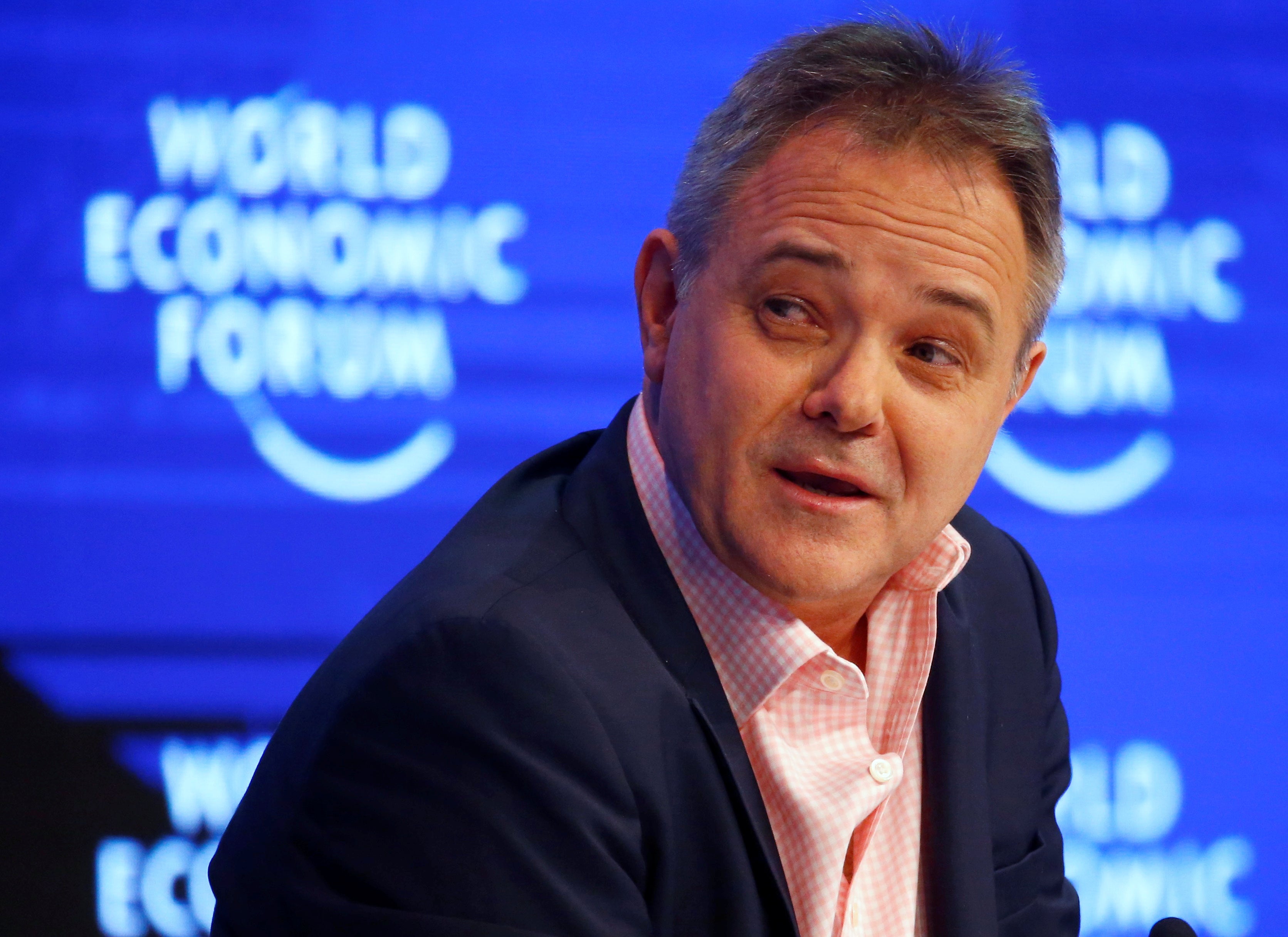Coronavirus: Brace for a ‘tough’ Christmas if cases continue to rise, Sage scientist warns
'It's much better for us to be upfront and honest now, and say we are in for a really difficult time, but there is light at the end of the tunnel.'

Your support helps us to tell the story
From reproductive rights to climate change to Big Tech, The Independent is on the ground when the story is developing. Whether it's investigating the financials of Elon Musk's pro-Trump PAC or producing our latest documentary, 'The A Word', which shines a light on the American women fighting for reproductive rights, we know how important it is to parse out the facts from the messaging.
At such a critical moment in US history, we need reporters on the ground. Your donation allows us to keep sending journalists to speak to both sides of the story.
The Independent is trusted by Americans across the entire political spectrum. And unlike many other quality news outlets, we choose not to lock Americans out of our reporting and analysis with paywalls. We believe quality journalism should be available to everyone, paid for by those who can afford it.
Your support makes all the difference.Christmas will be "tough" this year and is unlikely to be a traditional family celebration if coronavirus infections continue to increase, an expert has warned.
Professor Jeremy Farrar, a member of the Scientific Advisory Group for Emergencies (Sage), said the UK faces a "very, very difficult" period over the next three to six months.
But the Wellcome Trust director said there is "light at the end of the tunnel", as he believes a Covid-19 vaccine and effective treatment will be ready in the first quarter of 2021.
Prof Farrar told Sky News' Sophy Ridge on Sunday a circuit-breaker national lockdown is now needed, claiming there could currently be 50,000 coronavirus cases per day across the UK.
He said: "The ONS (Office for National Statistics) survey, which is the best data in the country at the moment, shows that 27,000 people are getting this infection every day. But that was until the 10th of October.
"Today it will be over 50,000, just as the CMO (England's chief medical officer) Chris Whitty and (the Government's chief scientific adviser) Sir Patrick Vallance suggested some three weeks ago.
"It would be at 50,000 new cases across the country every single day, and that's almost exactly where we are."
Asked about Christmas, Prof Farrar said he does not believe a vaccine will be ready in time for the festive period.
He added: "Christmas will be tough this year. I don't think it's going to be the usual celebration it is and all families coming together, I'm afraid.
"I think we have to be honest and realistic and say that we are in for three to six months of a very, very difficult period.
"The temperatures drop, we are all indoors more often, we have the other infections that come this time of year.
"It's much better for us to be upfront and honest now, and say we are in for a really difficult time, but there is light at the end of the tunnel."
Prof Farrar said a short national lockdown known as a circuit-breaker is needed to reduce transmission rates, as previously recommended by Sage last month.
He said the "best time" to have introduced the temporary lockdown would have been around September 20, but added "it was never too late".
He said: "The second best time to do this is now, and the worst time to do this is at the end of November when things would have really got considerably worse.
"So it's never too late, it's better to do it now than in a month's time."
In regard to a potential vaccine and effective treatments, Prof Farrar said he believes they are "three to six months away".
Meanwhile, Dr Alison Pittard, dean of the Faculty of Intensive Care Medicine in London, later told the programme that doctors' evolving understanding of the virus has dramatically upped the survival rate.
She said doctors' haste to mechanically ventilate patients at the start of the pandemic might have contributed to the higher rate of death in spring compared to now.
At the start of the pandemic, just 66 per cent of people in hospital with coronavirus survived, compared to 84% in August.
Dr Pittard said: "Initially we used to put patients straight on to mechanical ventilation — so we would bring them to intensive care, sedate them and put them on ventilators.
"But we have slowly started to realise that perhaps we could manage some patients without doing that."
PA

Join our commenting forum
Join thought-provoking conversations, follow other Independent readers and see their replies
Comments